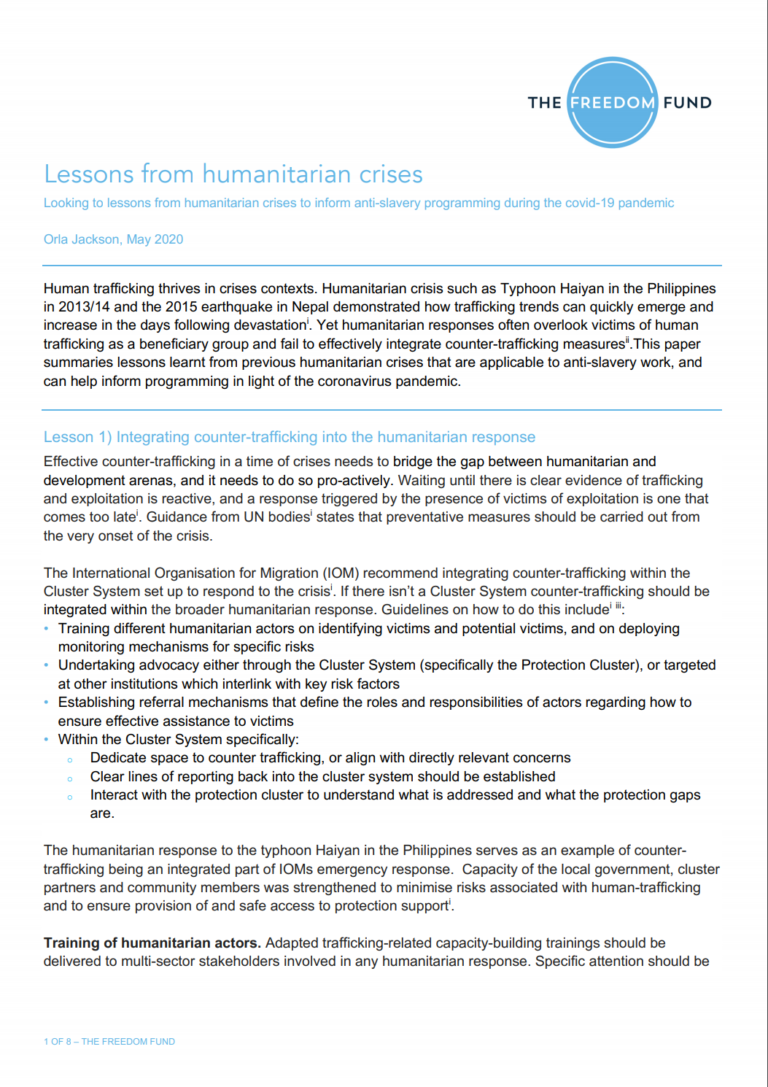Public Procurement and Human Rights in Northern Ireland
GuidanceThis report considers the legal rules, policies and practices of public procurement in Northern Ireland, and evaluates the extent to which these respect human rights. This focus is timely and aims to:– ensure the engagement by public authorities o...Read More

